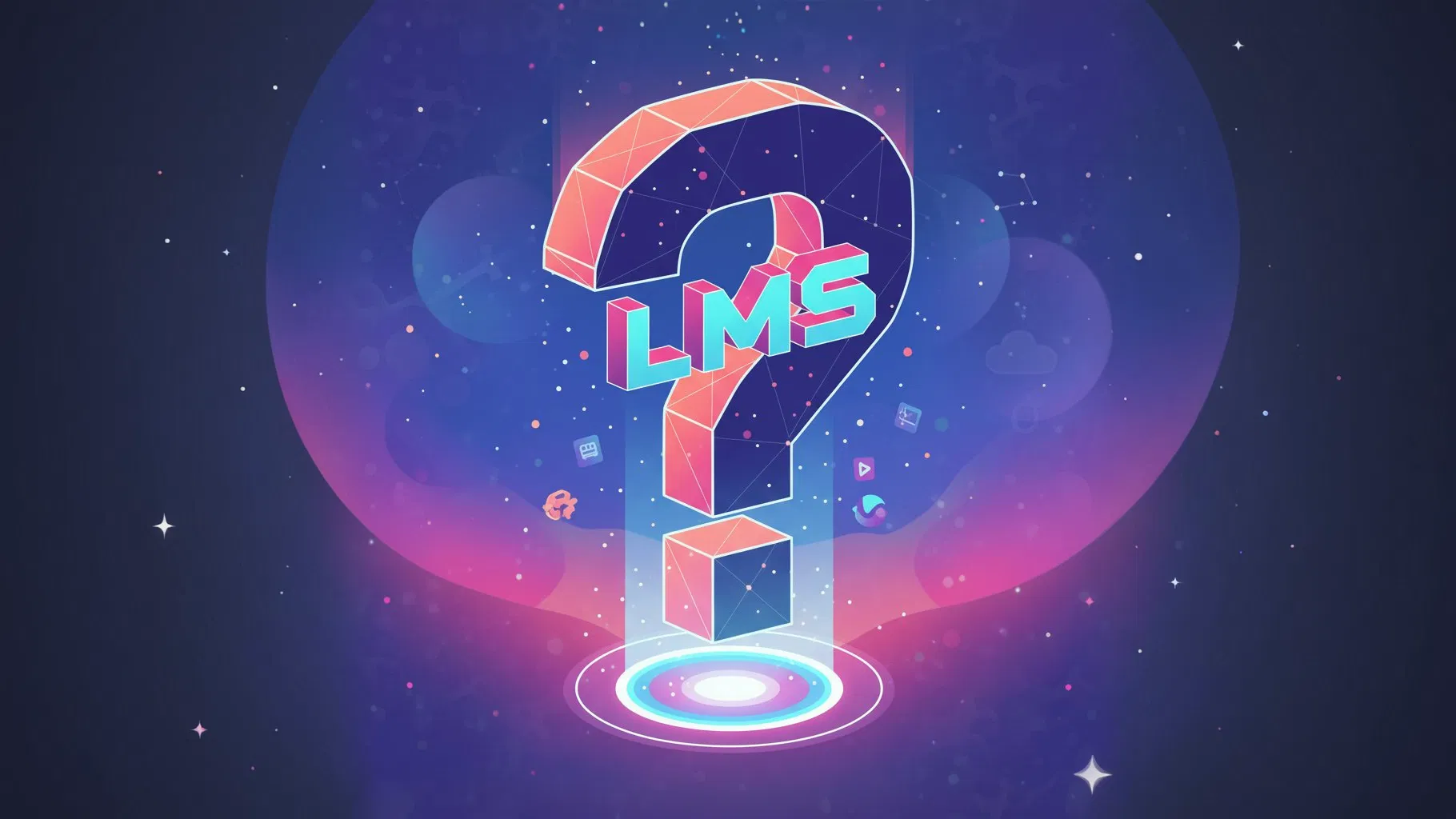What is a LMS: Learning Management System 101
A Learning Management System (LMS) is a vital digital platform for training and education. It ensures consistency, yields data insights, and offers global scalability using structured content, communication, and competency mapping tools.
A Learning Management System (LMS) is defined as a central Digital Learning Platform essential for orchestrating and documenting all educational and corporate training. It is indispensable for ensuring consistency and compliance, generating actionable data insights, and providing scalability and accessibility. Effective platforms must feature structured content repositories, communication hubs, and tools for competency mapping and assessment. The discussion concludes by promoting specialized services for the implementation and customization of leading platforms like Moodle, Tutor, and Canvas to ensure their strategic value is fully realized.
The Cornerstone of Digital Education: Decoding the Learning Management System
In the landscape of modern pedagogy and corporate development, the term Learning Management System (LMS) is foundational. Far more than just a digital repository for files, an LMS, or more accurately, a Digital Learning Platform, is a centralized, robust architecture designed to orchestrate, manage, document, and execute all facets of an organization’s instructional curriculum or corporate training initiatives. It serves as the primary gateway for all stakeholders—learners, instructors, and administrators—providing a unified, measurable, and standardized experience across all educational activities.
Why Digital Platforms are Indispensable
The shift from traditional classroom settings to dynamic digital platforms is driven by fundamental business and academic needs that a dedicated LMS resolves:
1. Ensuring Absolute Consistency and Compliance: A centralized platform guarantees that every learner, regardless of location or timing, receives the exact same, up-to-date instructional materials. For industries focused on regulation and compliance, this standardization is essential for auditing and minimizing organizational risk.
2. Unlocking Actionable Data Insights: Unlike manual tracking, an LMS automatically captures vast amounts of performance data. This includes not just final test scores, but metrics on time spent, resource consumption, collaboration patterns, and knowledge gaps. This granular data allows educators to identify systemic curriculum weaknesses and optimize content for maximum effectiveness.
3. Mastering Scalability and Accessibility: Whether supporting a university’s massive student body or rapidly onboarding thousands of new employees globally, a modern LMS handles massive enrollment effortlessly. Furthermore, it ensures 24/7 access to educational content from any device, moving the focus from physical presence to flexible learning pathways.
The Defining Components of an Effective Platform
A high-performing Digital Learning Platform must incorporate tools that address the full instructional lifecycle, from content delivery to performance verification.
- Structured Content Repositories: This is the engine for course construction. It allows administrators to build logical learning paths, integrate varied multimedia (videos, documents, simulations), and structure content based on prerequisite sequencing rather than simple file folders.
- Integrated Communication Hubs: Modern learning is collaborative. Effective LMSs incorporate features for real-time interaction, such as embedded discussion forums, private messaging systems, and direct links to scheduled synchronous learning sessions, moving beyond simple email.
- Competency and Credential Mapping: Beyond just tracking grades, a sophisticated LMS allows institutions to map specific learning activities to defined professional or academic competency frameworks. This feature tracks skill acquisition over time and automatically issues digital badges or verified certifications upon completion, linking learning directly to career advancement.
- Assessment and Feedback Modules: The platform must support a variety of evaluation types, from peer-reviewed assignments and timed quizzes to complex simulation assessments, while providing automated, personalized feedback mechanisms to guide learner improvement immediately.
Who Leverages a Centralized Learning Ecosystem?
These platforms are essential across any sector where knowledge transfer and skill validation are key to success:
- Higher Education Institutions: Universities use the LMS to manage large-scale virtual and blended classes, centralize administrative tasks like grading and enrollment, and facilitate research collaboration among faculty and students across disciplines.
- Global Enterprise Training: Corporations deploy the LMS to manage employee onboarding, deliver mandatory compliance training across international teams, and execute continuous professional development programs, ensuring that the workforce’s skills remain current and competitive.
Partnering for Success: Your Dedicated LMS Service Provider
Adopting or upgrading a Learning Management System is a significant undertaking that requires specialized expertise in technology, pedagogy, and systems integration. While platforms like Moodle, Tutor, and Canvas offer industry-leading functionalities, the true value is realized through expert deployment and tailored configuration that matches your unique instructional model.
We offer comprehensive LMS services, specializing in the strategic implementation, customization, and seamless hosting of these leading platforms. Whether you require bespoke feature development on Moodle, scalable cloud deployment for Canvas, or robust integration services for a Tutor-based environment, our team ensures your platform is not just installed, but optimized for peak performance, security, and learner engagement. Transform your digital learning strategy from a technical challenge into a competitive advantage.







